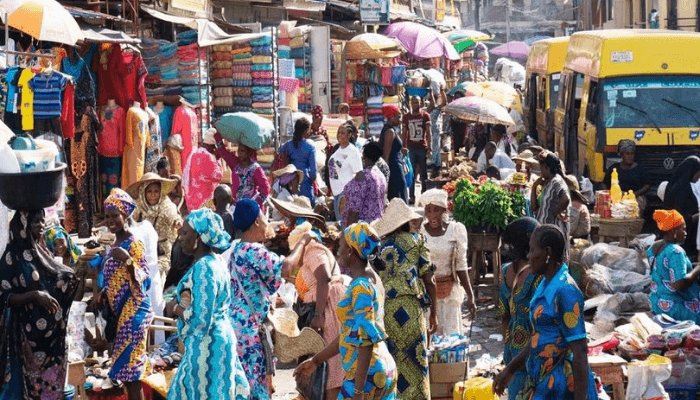The recent surge in lending rates to as high as 36 per cent has raised alarm bells across boardrooms, markets, and factory floors. While the Central Bank’s aggressive monetary tightening is intended to tame inflation and stabilise the naira, the implications for businesses, especially small and medium-sized enterprises (SMEs) are deeply troubling.
No economy can thrive when the cost of borrowing is prohibitively high. For Nigerian entrepreneurs, accessing credit has always been a challenge. Now, with rates at levels that border on punitive, credit has effectively become inaccessible. SMEs, which account for more than 80 per cent of jobs and contribute significantly to GDP, are being starved of the financing they need to survive, let alone expand. The result is a vicious cycle: businesses cut back on production, reduce staff, or shut down entirely, feeding into rising unemployment and shrinking consumer demand.
Manufacturers are among the hardest hit. With working capital loans now burdened by double-digit interest rates, many factories are unable to import raw materials or sustain operations. This has dire implications for Nigeria’s drive toward self-sufficiency in areas like food processing, textiles, and pharmaceuticals. Instead of boosting local production, sky-high lending rates can push businesses toward retrenchment and force greater reliance on imports, ironically undermining the very objective of stabilising the economy.
Foreign investors, too, will be wary. While Nigeria has immense market potential, no investor can justify putting money into an environment where businesses must pay a third of their borrowing costs as interest. Countries with more moderate rates naturally become more attractive, deepening Nigeria’s struggle to attract the foreign direct investment needed to fuel industrialisation and infrastructure.
The consequences extend to households. When businesses fold or scale down, jobs disappear. Inflation may ease marginally, but the human cost of unemployment and poverty cannot be overlooked. The informal sector, which is the lifeline of millions, is also suffocated, as traders and micro-entrepreneurs find themselves unable to secure the modest loans that sustain daily commerce.
There is no denying the need for fiscal and monetary discipline, but the current trajectory risks pushing the economy into deeper stagnation. Policymakers must strike a balance: fighting inflation without strangling the productive sector. Creative solutions such as targeted single-digit intervention funds for SMEs, agricultural producers, and manufacturers should be expanded, even as the broader monetary policy remains tight.
Nigeria’s economy cannot grow on the back of austerity alone. The private sector needs oxygen, not a chokehold. At 36 percent, lending rates are not merely a statistic, they are a death sentence for entrepreneurship, industrialisation, and inclusive growth. If Nigeria is to achieve sustainable development, credit must be made affordable, accessible, and productive. Anything less will leave the economy trapped in a cycle of high costs, low productivity, and wasted potential.





